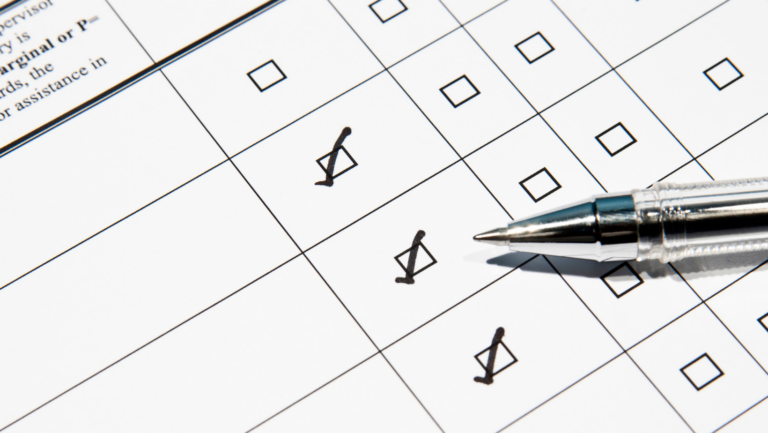
2018 National Survey Reveals Key Gambling Attitudes and Behaviors in America
The National Survey on Gambling Attitudes and Gambling Experiences (NGAGE) 1.0, conducted in 2018, provides crucial baseline data on U.S. gambling behavior before the widespread legalization of sports betting. This comprehensive study was implemented when legal sports betting was limited to Nevada and New Jersey.
Key Findings:
- Gambling is widely popular in America, with most participants engaging in multiple betting activities (average of three different types)
- Legal restrictions have minimal impact on gambling participation
- Lottery is the most common form, with 66% of respondents reporting purchases in the past year
- Most gamblers report no negative consequences
- Higher risk groups include:
- Young adults
- Sports bettors
- Public misconceptions and stigma about problem gambling remain prevalent

Magnifying glass analyzing dashboard data
The study features several comprehensive analysis tools:
- National Trends Dashboard: Provides overview of gambling patterns and behaviors
- State Trends Dashboard: Offers interactive state-level data on participation, problematic play, and attitudes
- Detailed State Reports: Contains state-specific analyses for addiction treatment and policy planning

Checklist with multiple marked checkboxes
Policy Implications: As gambling legalization expands across the U.S., coordination between governments, industry stakeholders, and service providers is essential to implement harm-reduction policies.
Research Methodology: NCPG partnered with Ipsos to conduct this national consumer study, establishing the first major research on gambling attitudes and experiences since 1999.

Person gambling on mobile phone
Support: NCPG operates without federal or dedicated state funding, relying on individual memberships and donations to continue their research and advocacy work.
Related Articles

National Survey Reveals Trends in US Gambling Attitudes and Behaviors (NGAGE Study)

